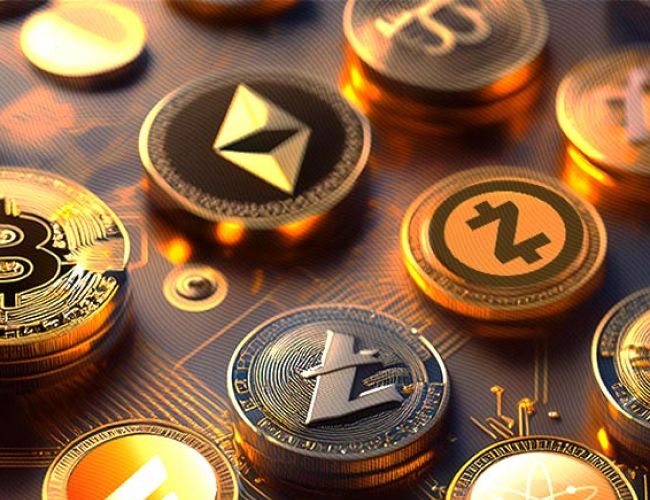The article discusses five blockchain technologies - Cardano, Solana, Polygon, Arbitrum, and Polkadot - that are transforming the digital economy by addressing issues such as financial accessibility, transaction speed, system capacity, and compatibility. Each project offers unique solutions, such as energy-efficient consensus mechanisms and low-cost transactions.
Cardano (ADA) aims to target populations without access to the banking system, particularly in the developing world, through its unique proof-of-stake mechanism known as 'Ouroboros.'
Solana (SOL) is gaining popularity due to its high transaction capacity and low transaction cost, which is desirable for developers designing decentralized applications and decentralized finance (DeFi) solutions.
Polygon (MATIC) addresses scalability issues in the blockchain space by enabling users to interact with multiple blockchains in a fast and cost-effective manner. Its native token, MATIC, is expected to see increased demand as more businesses utilize its capabilities.
Arbitrum (ARB) offers Layer 2 scaling solutions for Ethereum networks, allowing for fast and low-cost transactions. The demand for ARB governance tokens is expected to grow as the market for DeFi and decentralized applications expands.
Polkadot (DOT) offers interoperability between different blockchains, enabling various applications to work within the network. The development of new parachains enhances decentralization and creates a market for the internal coin DOT.
Overall, these blockchain technologies are reshaping the financial services and decentralized applications landscape, offering innovative solutions and driving the growth of their respective tokens.
 Content Editor
( cryptonewsland.com )
Content Editor
( cryptonewsland.com )
- 2024-10-03
Best Crypto with Huge Growth Potential Exploring the Advantages of Leading Platforms

 Esponel (es)
Esponel (es) Türkçe (tr)
Türkçe (tr) Russian (ru)
Russian (ru) 한국인 (kr)
한국인 (kr) Italiano (it)
Italiano (it) हिंदी (in)
हिंदी (in) عربي (ar)
عربي (ar) Français (fr)
Français (fr) Deutsch (de)
Deutsch (de) 日本 (jp)
日本 (jp) 中国人 (cn)
中国人 (cn)